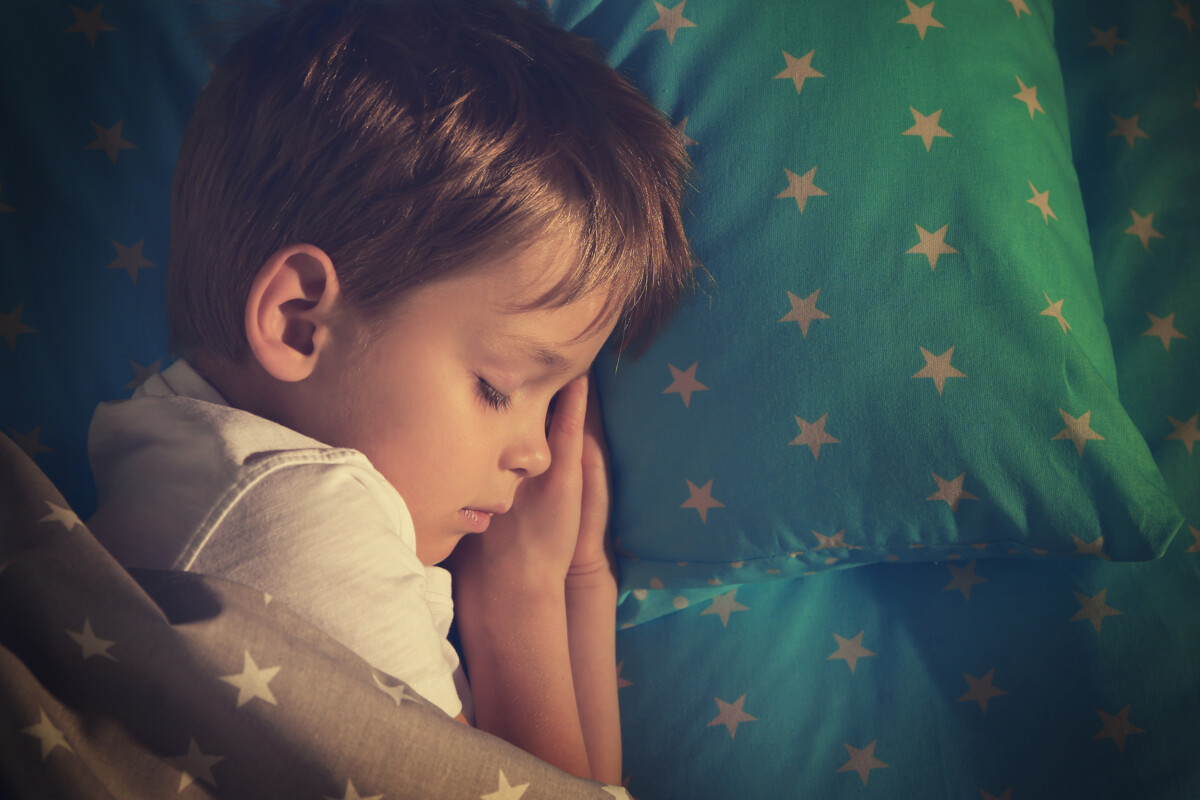Treat Bedwetting with Patience

While bedwetting can be miserably embarrassing for a child at a sleepover, it’s much more common than many people realize. Up to one in five children is still wetting the bed from time to time at age 5. By age 7, this has decreased, but bedwetting still occurs in about one child in ten. 1 to 3% of children are still experiencing some bedwetting by their late teens. Boys are 2 to 3 times as likely as girls to experience bedwetting.
Although bedwetting can be treated, parents should be careful not to overreact to it. Children can control wetting the bed at night. They should never be punished or ridiculed for it. The best approach parents can take is to look for a solution without increasing their child’s anxiety or self-consciousness.
A variety of things can cause bedwetting, including genetics, diabetes, sleep apnea, urinary tract infections, neurological diseases, medications, constipation or stress.
Before consulting a healthcare provider, parents may want to try some commonsense options, including:
- limiting drinking before bedtime
- waking the child up during the night to go to the bathroom
- using an alarm that goes off when the child wets the bed
Fortunately, most children grow out of wetting the bed. However, a healthcare provider should be consulted under the following circumstances:
- After age 6 or 7, if bedwetting is still occurring
- If your child is experiencing burning while urinating
- If your child has blood in the urine
- If your child suddenly begins bedwetting after being dry for six months or more
Bedwetting can be treated by a primary care provider or a pediatrician. A detailed physical history will usually be taken, and lab tests ordered. Treatment may include medications. What are the treatment options for bedwetting? – InformedHealth.org – NCBI Bookshelf (nih.gov)
